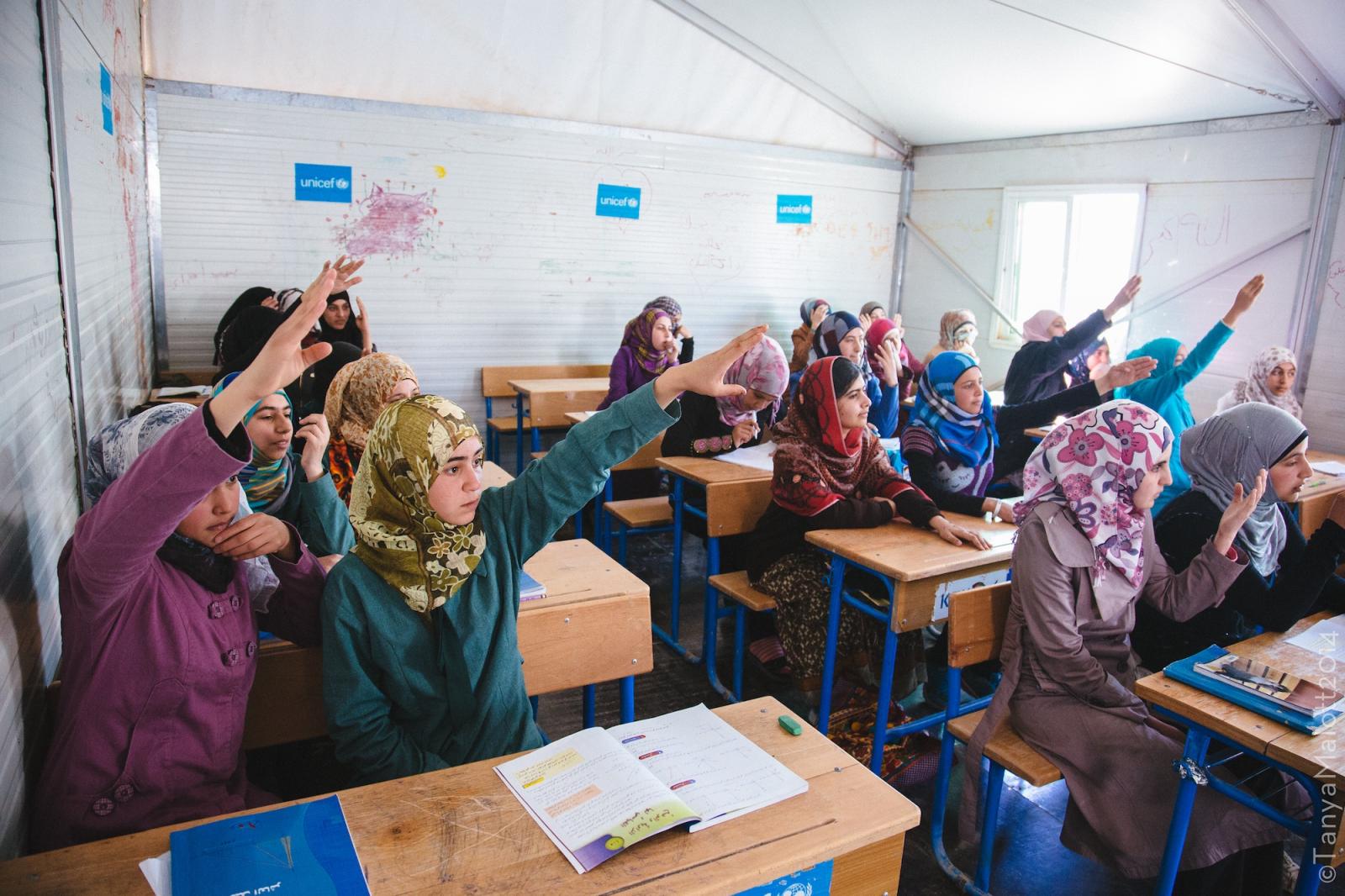Resource Guide and Toolkit Themes
The guide is targeted towards high school, college and university students in the United States and overseas. It was
designed as a series of lessons based on themes extracted from the memoir and is intended to enrich a variety of academic programs. The materials could also be taught as a single course around the book itself if desired.
The resource guide is theme-based and interdisciplinary. Malala’s memoir is not only the story of a remarkable young woman. It is also a window into complex issues of politics, history, human rights, religion and tradition through the lens of one girl’s story.
A GW faculty member(s) wrote each theme based on their expertise in the particular subject area. Because the topics are so vast, we recognize that no single narrative can cover all the aspects of a single issue; instead each serves as a launching pad for further discourse.
A guiding principle was to help link Malala’s story to a broader context and make her relevant to the world beyond the Swat Valley since many of the issues that she grappled with are in fact common to our global humanity.
A supplemental feature for high school teachers was added to the end of each theme to aid teachers in introducing the book and its concepts to their classrooms.
Memoir as Literature and History
This theme considers the unique characteristics of a memoir as a literary device and its effectiveness in communicating Malala’s story through a discussion of various topics.
Education: A Human Right for Girls
Malala Yousafzai was shot in the face on her way home from school. Her offense was a love of learning and a passionate belief in the right to an education for girls. This theme examines girls’ education in Pakistan, including challenges and international frameworks.
Cultural Politics, Gender, and History in Malala Yousafzai’s I Am Malala
In order to appreciate the cultural issues around female experiences brought forward by Malala Yousafzai’s memoir, it is important to situate the memoir historically, and read it as a part of a particular cultural and political context in Pakistan.
Religion & Religious Extremism
Characterized alternately as a religion of peace, ecumenism and gender egalitarianism, or as a faith predisposed to intolerance, extremism and misogyny, Islam is arguably the most misunderstood religion of the 21st century. This theme examines various aspects of Islam, including challenges and questions.
Malala and Violence Against Women & Girls
The attempted murder of Malala Yousafzai by the Taliban for speaking out for girls’ education can be viewed as an isolated act by religious extremists. But it is also emblematic of the discrimination and violence faced by women and girls throughout the world because of their gender.
Malala Leadership Essay
Malala Yousafzai, a young social change leader, works on the basic human right of equal access to an education for girls around the world. This theme allows us to understand Malala as a leader through a discussion of various topics in leadership theory, goals and strategies.
Malala and the Media
This theme makes students aware of the complex way in which the press covers social movements around gender and women’s rights especially in the context of foreign policy issues and how Malala has become a “news icon” about various issues in the contemporary global world.
Global Feminisms: Speaking and Acting about Women and Girls
As we look at the world through feminist eyes, we ask difficult questions about how choices are made. We argue that gendered violence, gender based social exclusions, and the material conditions that prohibit individual and communities from reaching their full capacities, can be addressed with tough and honest questions and with an understanding of the contexts of women.



